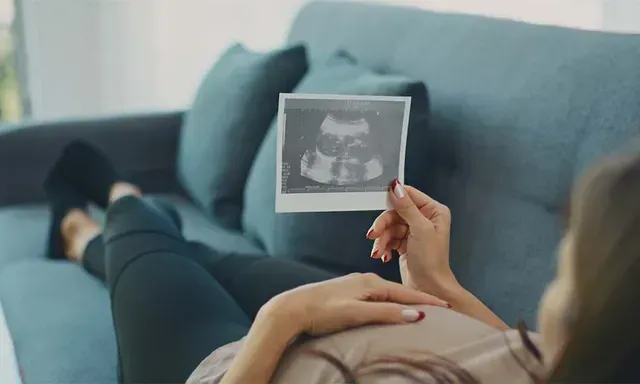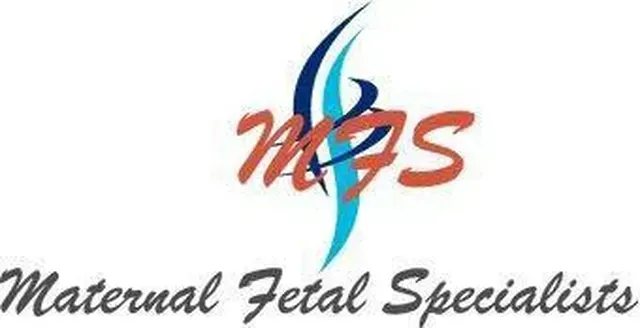First Trimester Screening
Maternal Fetal Medicine located in Fredericksburg and Springfield, VA

First Trimester Screening services offered in Fredericksburg and Springfield, VA
With advances in medical technology and screening tools, many parents can learn about potential health issues related to their baby during the first trimester. At Maternal Fetal Specialists in Fredericksburg and Springfield, Virginia, board-certified maternal fetal specialist, Pushpinder Dhillon, MD, MS, FACOG, and the team offer first trimester screening and counseling. To schedule your test, call the office nearest you to book an appointment today.
First Trimester Screening Q&A
What is the first trimester screening?
First trimester screening includes early prenatal tests that assess your baby’s risk of having chromosomal conditions such as Down syndrome. Most women undergo first trimester screening during weeks 11 and 14 of their pregnancy.
What are the types of first trimester screening tests?
First trimester screening tests may include various testing techniques to assess risk of chromosomal or genetic conditions.
Types of tests include:
Chorionic villus sampling (CVS) and amniocentesis
CVS (chorionic villus sampling) and amniocentesis are the gold standard for making a diagnosis of a chromosomal abnormality. These tests are invasive and require samples of cells from the placenta (CVS) or amniotic fluid (amniocentesis).
These tests carry a small risk of miscarriage, and many women request less invasive testing, like the combined first trimester screening.
Combined first trimester screening
The combined first trimester screening includes a blood test and sonogram to test for chromosomal abnormalities, such as trisomy 13 or 18 or Down Syndrome.
During the sonogram, your doctor measures the skin thickness of your baby’s neck, called nuchal translucency (NT), and the baby’s nasal bone.
With the blood test, your doctor measures specific proteins, including B-hCG (beta-human chorionic gonadotropin) and PAPP-A (pregnancy-associated plasma protein A). Abnormal levels may indicate chromosomal defects.
Prenatal cell-free DNA screening
During the prenatal cell-free DNA screening, your provider examines the fetal DNA in your blood to look for chromosomal abnormalities.
Maternal Fetal Specialists provides genetic counseling prior to any testing.
Who needs first trimester screening?
All pregnant women are offered first trimester screenings during the early stages of their pregnancies. Prenatal cell-free DNA screening is recommended for pregnant women aged 35 years and older, or younger patients after genetic consultation.
The experts at Maternal Fetal Specialists review the first trimester screening tests with you and help you decide what tests are needed for your baby.
What happens after the first trimester screening?
Once you’ve completed your blood test and ultrasound, if there’s a concern about chromosomal defects, the team at Maternal Fetal Specialists may talk to you about additional screening tests.
Your provider reviews the types of tests that may provide more information, what you can expect during the testing, and any potential risks. These additional tests may include NIPT, CVS, or an amniocentesis.
The experts also provide genetic counseling and explain what the tests result mean for you and your baby.
To learn more about first trimester screening, call Maternal Fetal Specialists to request an appointment today.
